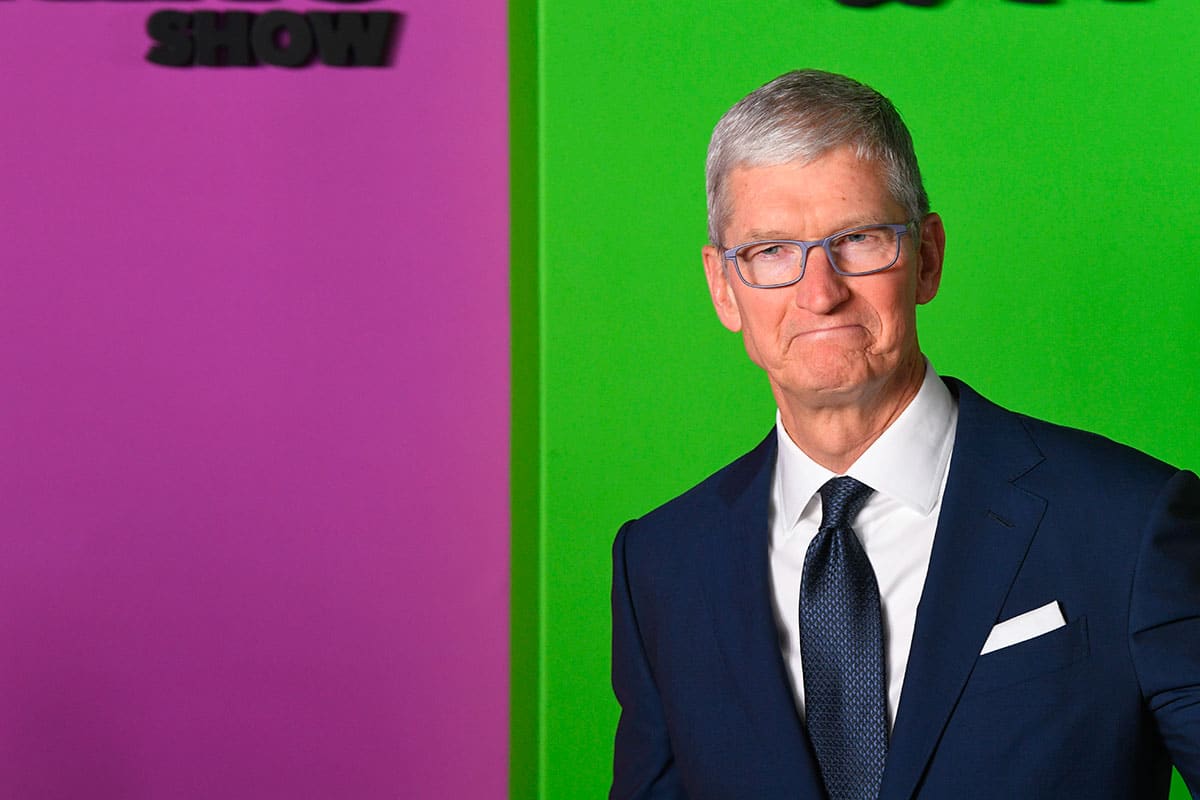We’re living in a time where tech is shaking up our daily routines, and everyone in the industry is buzzing about what might come after smartphones, led by Titans shaping tomorrow. As these devices weave themselves into our everyday lives, figuring out what might replace them is pretty important for both regular folks and businesses. This chatter isn’t just about shiny new gadgets—it’s about how these changes could really reshape the way we interact with tech down the line (think of it as a sneak peek into our digital tomorrow).
Trailblazers and their tech forecasts
Elon Musk, famous for his game-changing projects, is out there saying that smartphones might someday be a thing of the past. As the brain behind Neuralink, he imagines a world where brain-computer interfaces take center stage, letting us control devices just with our thoughts. (To give you an idea, two people have already received these implants, marking a pretty big step in how we might communicate with machines in the future.)
Bill Gates is taking a different route. He’s been looking into electronic tattoos from Chaotic Moon, which pack nanocapacitors that can collect, receive, and send data. Gates sees these tattoos playing a big role in things like health monitoring, location tracking, and ways to stay connected (imagine getting your daily check-up or finding your way around without a phone in your hand).
Mark Zuckerberg, the guy leading Meta, has his own spin on the future without traditional smartphones. He thinks augmented reality glasses could become our main way of interacting with digital content by 2030. According to him, these glasses might handle most tasks we now rely on our phones for, bridging the gap between our digital world and the real one in a pretty seamless way.
Then there’s Sam Altman, who, much like Musk and the others, suggests that the era of mobile phones is winding down. His take adds to the growing consensus among top tech figures that new tech is on track to transform how we handle personal computing.
Microplastics: What the Latest Findings Reveal Is Far Worse Than Expected
Apple’s steadfast love for smartphones
On the flip side, Tim Cook, Apple’s CEO, isn’t buying into the idea that smartphones are on their way out. He sticks to his guns about “the durability of smartphones” and continues to push the envelope with innovations in that space. Apple recently rolled out the iPhone 16, which comes loaded with advanced artificial intelligence features meant to really boost how we use our devices. (This is a good example of Apple’s ongoing efforts to keep smartphones front and center in our daily routines.)
Cook sees a future where smartphones hang out nicely alongside new tech like augmented reality and artificial intelligence. He’s all about blending quality with practicality, making sure that smartphones still play a starring role in our lives even as we get used to fresh, innovative tech.
What this means for consumers and the industry
Looking ahead, it’s pretty clear that moving beyond smartphones isn’t just idle talk—it’s something that’s edging closer to reality, thanks to some of the most well-known names in tech. Whether it’s through the brain-computer interfaces Elon Musk is dreaming of, or Bill Gates’ push for electronic tattoos, it looks like we might soon see whole new ways for us to interact with technology.
While some folks are betting on a shift away from our trusty old devices, others like Tim Cook are insisting that smartphones aren’t going anywhere just yet. This split in views gives us a mixed bag of opportunities and challenges as we try to find our way through an ever-evolving tech world.
In the end, keeping up with these developments helps everyone—from casual users to seasoned tech pros—make smart choices about how they want to blend new technology into their lives. As we roll toward 2030 and beyond, it sure seems like we all have some exciting changes to look forward to in our digital futures.








